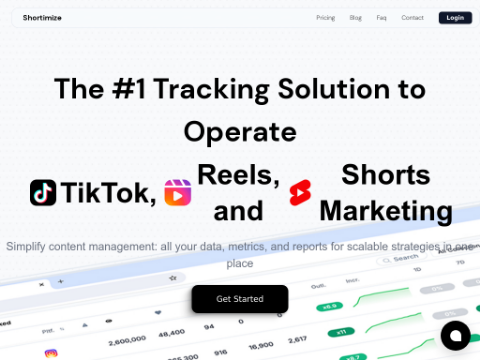Hugging Face announces profitability with free and open-source models
Hugging Face, a leading platform for machine learning model development and sharing, has announced its profitability, marking an important milestone in the competitive field of AI startups. This achievement is particularly noteworthy as the company maintains a predominantly free and open-source platform, including model hosting services.
Hugging Face CEO Clement Delangue posted on X, saying, "This was not our goal, as we have enough money in the bank, but it's great to see Hugging Face recently become profitable, with 220 team members, and most of our platform's content, such as model hosting, being free and open-source to the community!"
He added, "This is especially noteworthy at a time when most AI startups struggle to survive without venture capital funding for one or two years. The team has done a fantastic job!"
While many AI startups face the challenge of survival without continuous venture capital funding, Hugging Face's business model combines free services with monetization options for enterprise clients, including paid computing and enterprise solutions.
Founded in 2016, Hugging Face raised $235 million in Series D funding last year from major investors such as Google, Amazon, NVIDIA, Salesforce, AMD, Intel, IBM, and Qualcomm, reaching a valuation of $4.5 billion.
Recently, Hugging Face unveiled a new open-source Large Language Model (LLM) leaderboard, with Alibaba's Qwen-72B model ranking first. The leaderboard ranks open-source LLMs based on extensive evaluations, including the MMLU-pro benchmark test, which evaluates models on high school and college-level questions.
Furthermore, Hugging Face has pledged to provide $10 million worth of free shared GPUs to help developers create new AI technologies. These shared GPUs can be used simultaneously by multiple users or applications, eliminating the need for each user or application to have dedicated GPUs.
Hugging Face operates a platform that enables AI developers to collaborate on code, models, and datasets, and leverages the company's development tools to simplify the deployment of open-source AI models. One of its key services includes hosting weights, which are essential components of modern AI models composed of large numerical lists.








